By: Elizabeth Skinner.
The Grade 9 Exit Proposal sparked a heated debate within the South African educational sector. A good education system is not expected to give students an exit opportunity when they are not doing well. It’s supposed to inspire them to work harder and achieve the level needed for a certificate.
Basic Education Minister Angie Motshekga explained that 50% of students were leaving school before getting any kind of certificate. This change would give them at least some form of certification before they leave school.
Is this the right way to deal with the crisis in the Africa education system?
The certificate is supposed to allow students to choose a vocational route in schools of specialization, and gain qualifications that would prepare them for various jobs.
This substantial reform may save a failing education system. Let’s discuss the current struggles of the system, so we’ll understand why it needs to change.
The Main Characteristics of the System and Africa Education Problems
The Main Three Components
The educational system in South Africa follows a basic pattern of three components:
- GET (General Education and Training) – This is the level that culminates with grade 9.
- FET (Further Education and Training) – This level is counterpart to High School in most other countries. It encompases grades 10 through 12. The students can attend private colleges or community colleges to receive vocational or general academic education.
- HET (Higher Education and Training) – This is the level that corresponds to college and university education in other countries.
The Academic Year Is Long
South African students go to school throughout the entire year. Their school year stretches out to 200 days, and it’s divided into four blocks. The longest break that students get is from mid-June to mid-July, between the second and the third block.
Just for comparison, the number of school days throughout the academic year in the USA is 180. The summer break lasts 10-11 weeks. South Africa developed a system similar to UK education. In the UK, students attend school for 195 days of the year. The overwhelming challenges that they face force them to rely on an essay writing service in the UK at least once throughout the year. South African students also struggle with writing. It’s only a matter of time before we see professional writing services appearing on this market, with prices that would be suitable for the country’s economic standard.
Equal Access, But Unequal Opportunities
Each of the nine provinces in South Africa has reasonable autonomy in the way it implements the national educational policy. Each province has an executive council and a premier. The Central Government holds major responsibility for the educational system, making sure the provinces implement the general standards. The Ministry of Basic Education and the Ministry of Higher Education and Training oversee all processes.
Under the Constitution of South Africa, every citizen has the right to basic education, secondary education, and adult education. The laws ensure equal access. Virtually all children at an age for primary education are in school. The rates between genders are equal.
However, the equal access doesn’t necessarily lead to equal opportunities. According to a report prepared for UNESCO (The Quality of Primary Education in South Africa), the performance of learners is lower in departments where poverty-related factors dominate. Although the students from poor schooling communities have equal rights to education as all other children across the country, the legitimacy and efficacy of their schools is questionable.
Many schools that serve low-income communities have failed to improve the quality of education they provide. This should be a matter of focus for the Government. South Africa news must emphasize that problem, and our communities must push towards more equal opportunities. Will the latest reform solve that problem? It may be a step towards providing better vocational training options. However, it does not fix the problem.
Students from poor communities experience problems with high fees, lack of books, deteriorated facilities, lack of teachers, and lack of high-quality instructions. Those are the real problems that the system needs to address.
Are We Close to a Solution?
According to the World Bank estimates, South Africa has the highest GINI coefficient in the world. This is a statistical measure that’s commonly used to represent inequality in income distribution. The socio-economic status of a learner is a major factor in their performance. We have children living in poor housing conditions, receiving poor nutrition and bad health affected by those conditions. Parents who lack literacy also affect the student’s performance.
It will be difficult for South Africa to improve the quality of its educational system. Poverty, the elephant in the room, has to be affected first. Awarding certificates for completing Grade 9 will not improve the quality of teaching and the learner’s performance. We have to invest in better facilities, better teachers, and equal standards despite the community’s socio-economic status.
There’s a lot of work to be done. We’re constantly moving forward, but the steps are small.
Source of the article: https://www.iafrica.com/opinion-the-challenges-facing-the-education-system-in-south-africa/
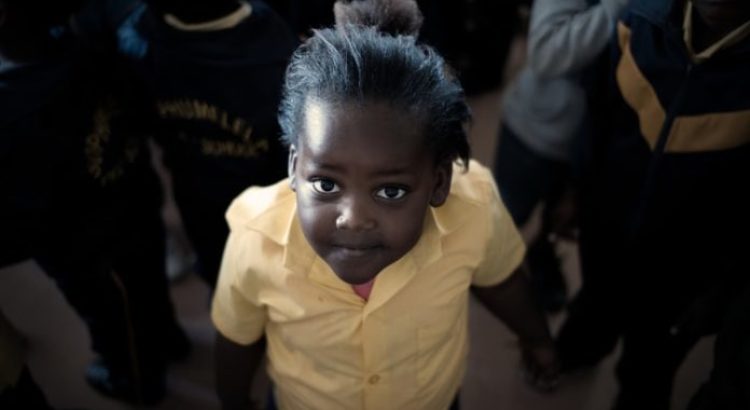
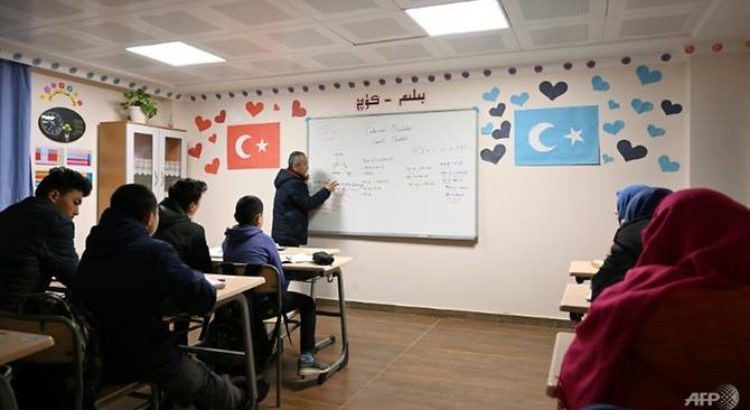


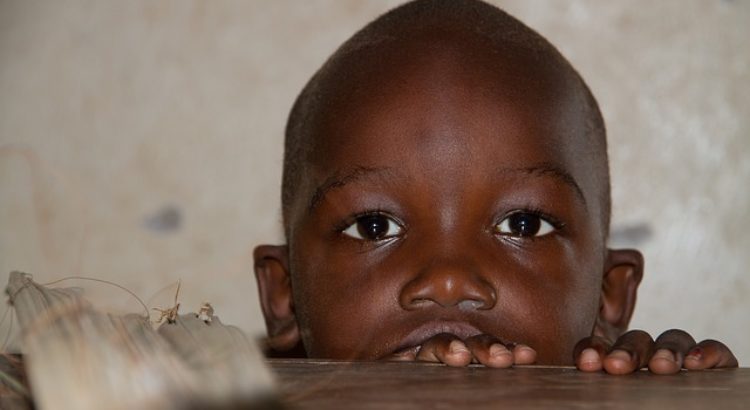

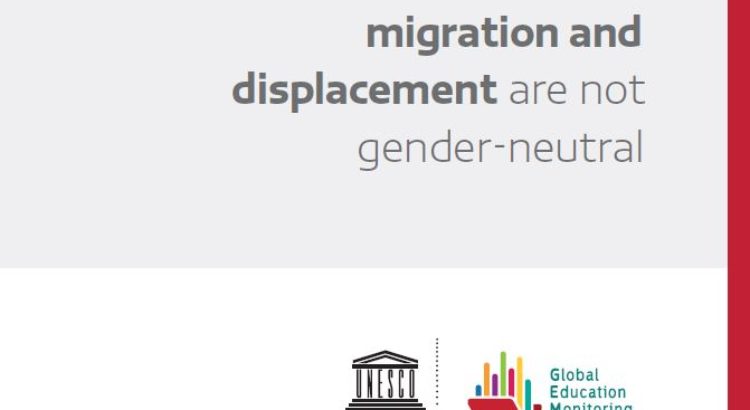
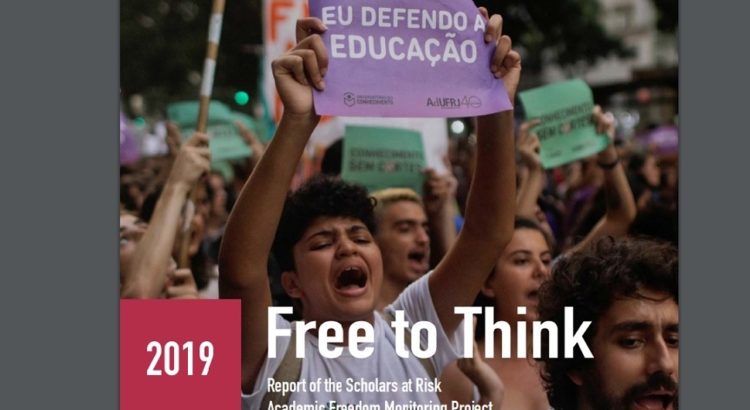






 Users Today : 11
Users Today : 11 Total Users : 35461321
Total Users : 35461321 Views Today : 23
Views Today : 23 Total views : 3421627
Total views : 3421627